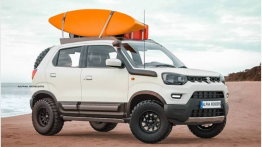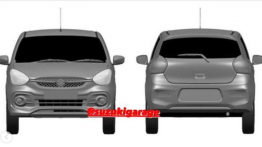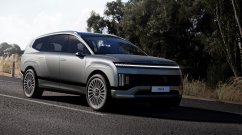Maruti Suzuki may retire the Omni at the end of the decade, but exiting the microvan segment is not an option for the company as sales continue strong. The options in front of MSIL are either reposition the Eeco or launch a new successor to the Omni.
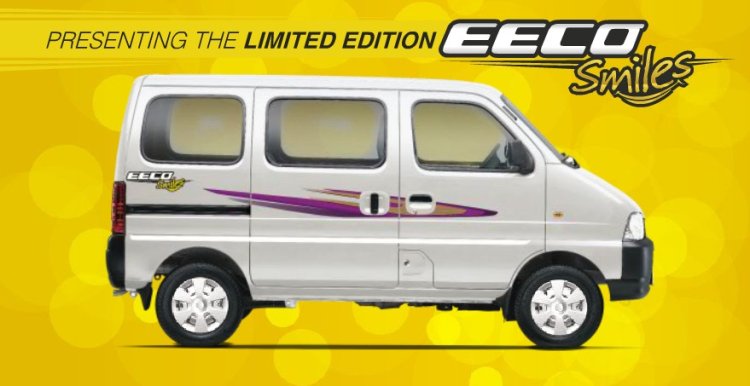
Despite having no modern amenities, design features or safety equipment, the Maruti Omni and Maruti Eeco find more customers than many advanced family vehicles. Last fiscal, their combined sales stood at 1,55,137 units - close to 13,000 units a month. In the first half of the current financial year, they registered 88,887 units in sales - close to 15,000 units a month.
Maruti Suzuki has sold more than 15.7 million units of the Omni since its launch in 1985. The Eeco, launched in 2010 as a repurposed Versa, crossed the milestone of 5 lakh sales earlier this month. BSVI emission norms and the BNVSAP new car assessment program that become effective in 2020 (April and October respectively) for existing models will make these microvans unfit, in their existing state, for our market.
Maruti Suzuki will discontinue the cheaper of the two microvans, the Omni, in 2020. That could mean the Eeco getting a BSVI-compliant engine and structural upgrades to pass through BNVSAP’s crash tests. It will require a new dashboard and steering wheel to accommodate an airbag.
Maruti cannot look outside for solutions, such as pulling out a 7-seater like the Solio from Suzuki's lineup, as they are not designed for the low-cost needs of the Indian base segments. The Solio is engineered for Japanese regulations and requirements and is packaged for expensive technology.
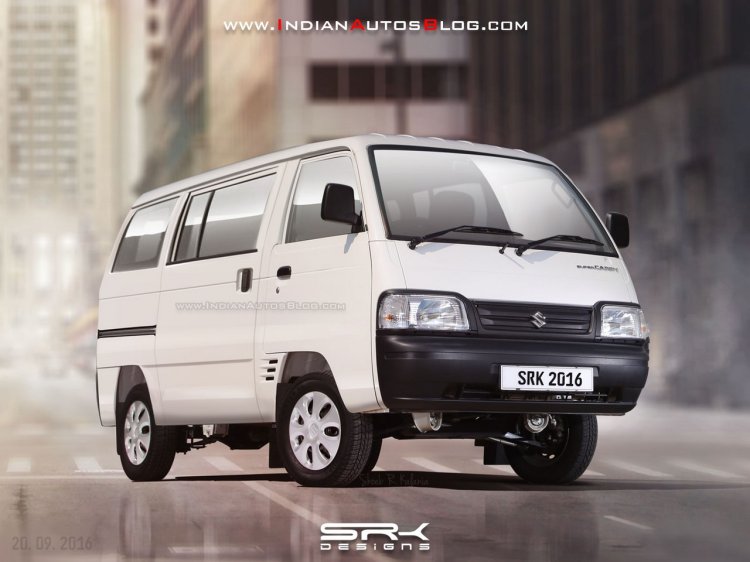
Also Read: 2019 Maruti Wagon R production commences, launch around year-end
Another option Maruti Suzuki could look at is launching an all-new microvan based on the Super Carry light truck. Rival automaker Mahindra is already selling a passenger application based on its light truck Jeeto, and Tata Motors has two people movers on the Ace platform. IAB’s automotive illustrator Shoeb Kalania had presented a rendering of such an offering two years ago. The original LCV employs the Maruti Celerio’s 0.8-litre two-cylinder diesel engine that produces 24 kW (32.17 hp) and 75 Nm of torque, while export markets get the 1.2-liter petrol engine.























